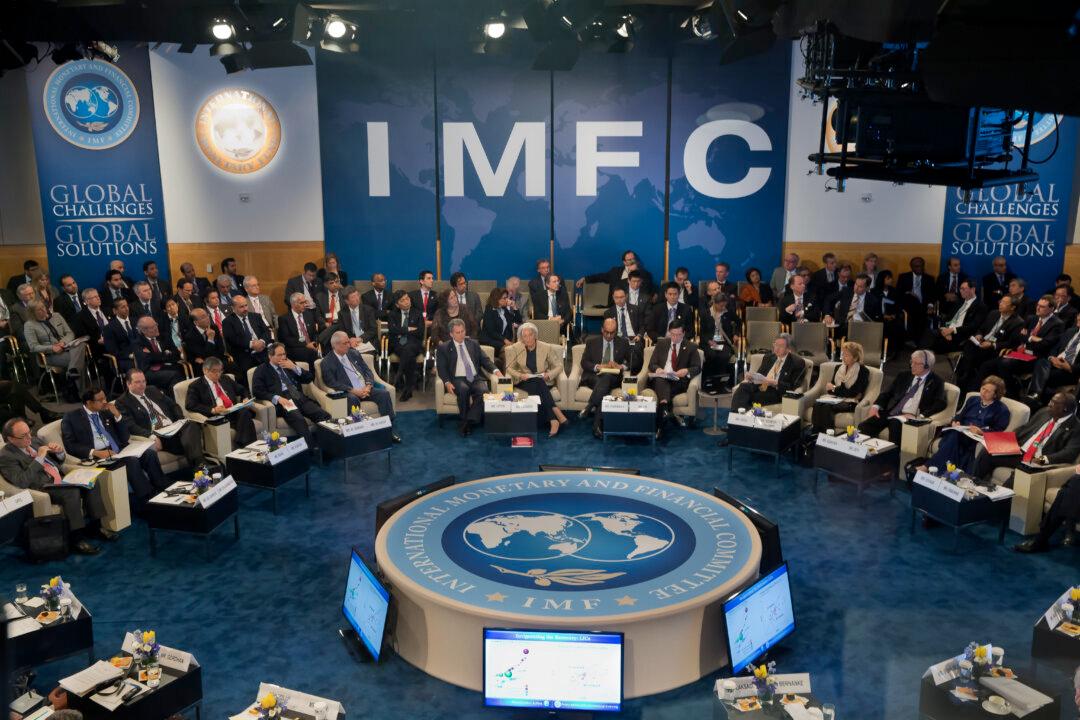When Bloomberg reported late last year that China founded a working group to explore the use of the supranational Special Drawing Rights (SDR) currency, nobody took heed.
Now in August of 2016, we are very close to the first SDR issuance of the private sector since the 1980s.
Opinion pieces in the media and speculation by informed sources prepared us for the launch of an instrument most people don’t know about earlier in 2016. Then the International Monetary Fund (IMF) itself published a paper discussing the use of private sector SDRs in July, and a Chinese central bank official confirmed an international development organization would soon issue SDR bonds in China, according to Chinese media Caixin.
Caixin now confirmed which organization exactly will issue the bonds and when: The World Bank and the China Development Bank will issue private sector or “M” SDR in August.
The so-called SDR are an IMF construct of actual currencies, right now the euro, yen, dollar, and pound. It made news last year when the Chinese renminbi was also admitted, although it won’t formally be part of the basket until Oct. 1 of this year.
How much? Nikkei Asian Review reports the volume will be between $300 and $800 million and some Japanese banks are interested in taking up a stake. According to Nikkei some other Chinese banks are also planning to issue SDR bonds. One of them could be the Industrial and Commercial Bank of China (ICBC) according to Chinese website Yicai.com.
The IMF experimented with these M-SDRs in the 1970s and 1980s when banks had SDR 5-7 billion in deposits and companies had issued SDR 563 million in bonds. A paltry amount, but the concept worked in practice.
The G20 finance ministers confirmed they will push this issue, despite private sector reluctance to use these instruments. In their communiqué released after their meeting in China on July 24:
“We support examination of the broader use of the SDR, such as broader publication of accounts and statistics in the SDR and the potential issuance of SDR-denominated bonds, as a way to enhance resilience [of the financial system].”
They are following the advice of governor of the People’s Bank of China (PBOC), Zhou Xiaochuan, although a bit late. Already in 2009 he called for nothing less than a new world reserve currency.
“Special consideration should be given to giving the SDR a greater role. The SDR has the features and potential to act as a super-sovereign reserve currency,” wrote Zhou.
Seven years later, it looks like he wasn’t joking.
Follow Valentin on Twitter: @vxschmid





